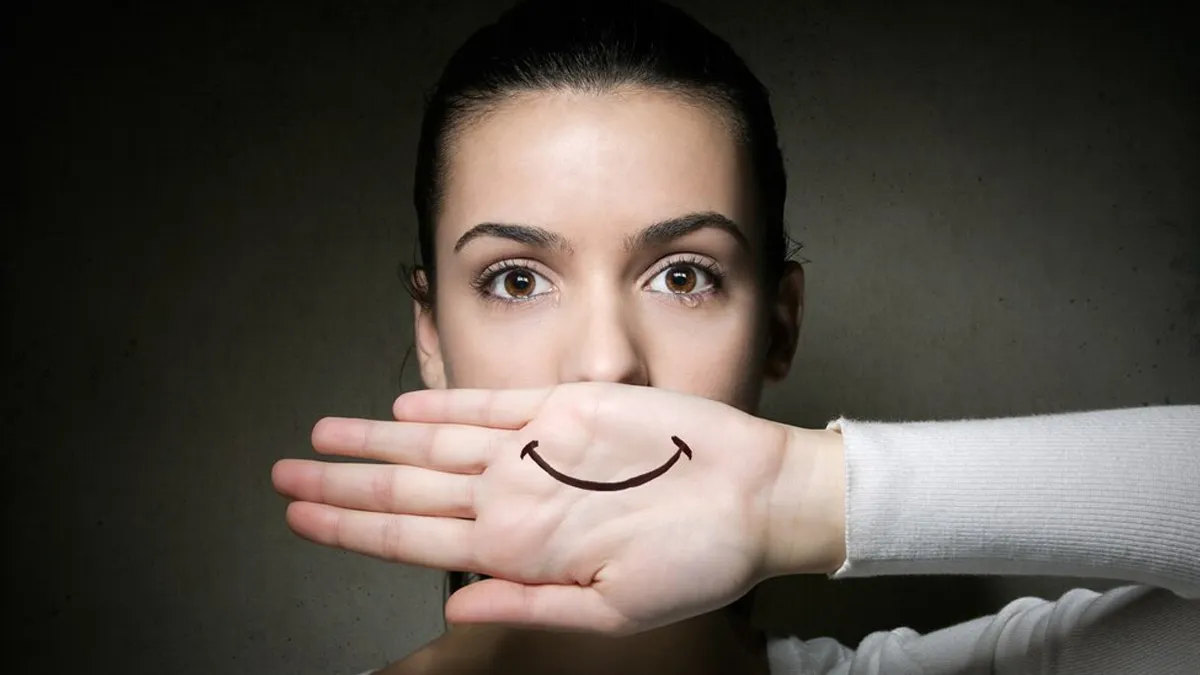
Though not a brand-new concept, ‘pleasanteeism’ is making waves again as corporate workers online juggle trending terms like ‘quiet quitting,’ ‘coffee badging,’ and ‘office peacocking,’ all too familiar for those navigating a toxic environment at the workplace. If you’re unfamiliar with pleasanteeism, the term blends ‘pleasant’ and ‘presenteeism.’
It describes the pressure employees face to appear cheerful and composed, even when dealing with stress or burnout. Picture yourself in a meeting, smiling and engaged, while struggling inside, that is what pleasanteeism is. To understand its impact on workplace mental health, we spoke with Dr. Chandni Tugnait, MD (A.M), Psychotherapist, Life Alchemist, Coach & Healer, and Founder & Director of Gateway of Healing, who shed light on this growing workplace concern.
Pleasanteeism, the pressure to maintain a happy and upbeat demeanour at work regardless of internal struggles, has become a growing workplace concern. This expectation forces employees to suppress genuine emotions, leading to emotional exhaustion, anxiety, and eventual burnout.
Dr Chandni Tugnait highlights that hybrid work has worsened this issue, with video calls amplifying the need to appear cheerful and blurred work-life boundaries hindering emotional recovery. Practices like mandatory fun activities or public recognition for positivity inadvertently discourage vulnerability. Dr Chandni suggests, “To combat pleasanteeism, organisations must foster a culture that values authenticity and supports mental well-being.”

Recent research byLime highlights how pleasanteeism is negatively impacting workplace mental health and productivity. This ‘brave face’ culture, where employees feel pressured to appear upbeat despite struggles, continues to hinder open dialogue about mental health at work.
Key findings from the report include:
These findings underline the urgent need for workplaces to foster an environment where employees can express vulnerability without fear, promoting both well-being and productivity.
Here’s how pleasanteeism can impact mental health in the short and long term, as suggested by Dr Chandni:
Don't Miss: 5 Simple Ways To Take Control Of Your Mental Health In 2025: Year Beginner

Dr Chandni Tugnait emphasises the importance of striking a balance between professionalism and emotional authenticity at work to safeguard mental well-being. She shares a few practical strategies to achieve this:
These strategies offer a balanced approach to navigating pleasanteeism while protecting mental health.
Keep reading Herzindagi for more such stories.
Credits: Freepik
Also watch this video
Herzindagi video
Our aim is to provide accurate, safe and expert verified information through our articles and social media handles. The remedies, advice and tips mentioned here are for general information only. Please consult your expert before trying any kind of health, beauty, life hacks or astrology related tips. For any feedback or complaint, contact us at [email protected].